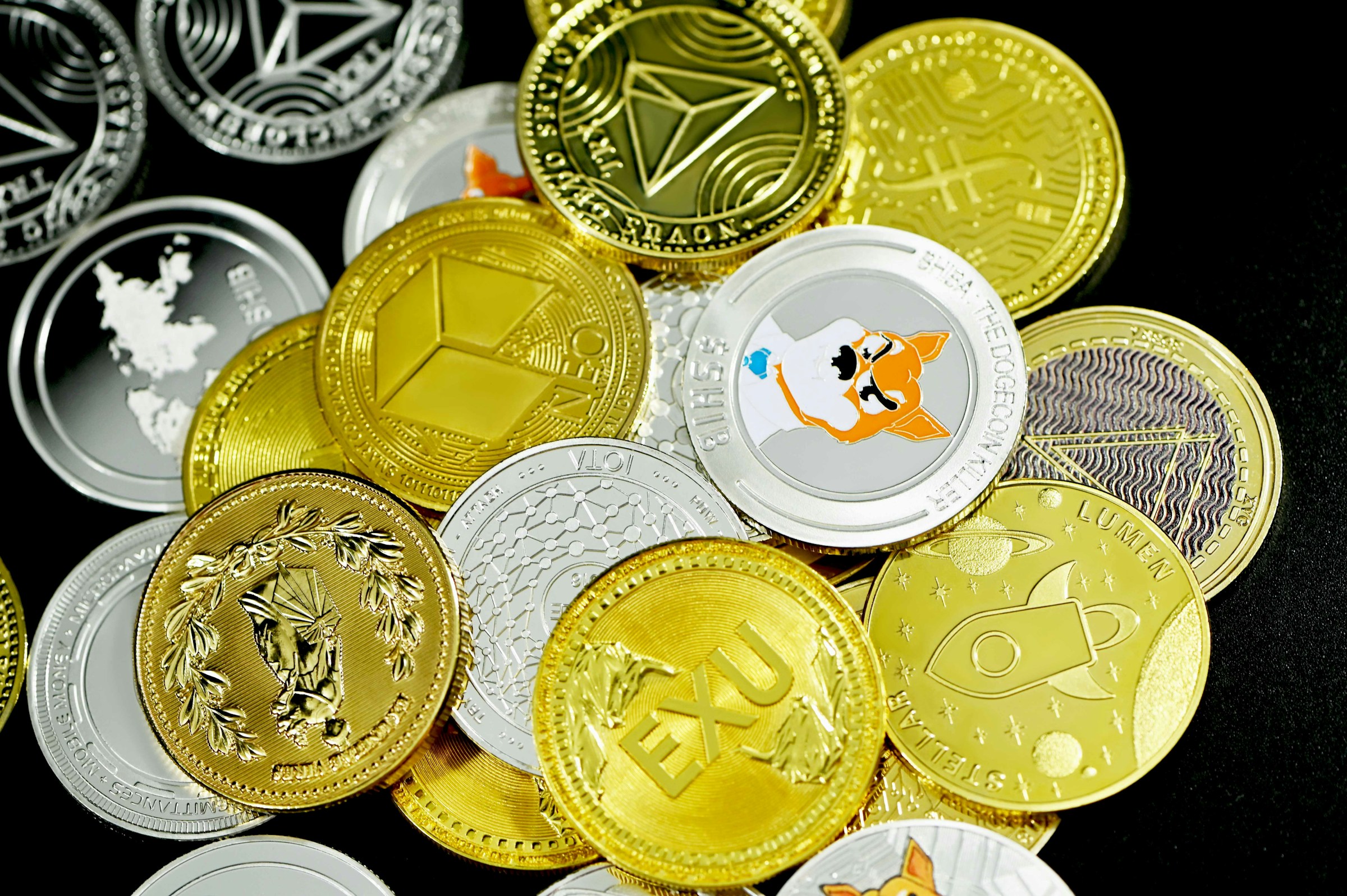Worldcoin (WLD) token, a crypto project co-founded by OpenAI CEO Sam Altman, has seen a remarkable surge of over 140% in the past week. The project's daily user count surpassed the 1 million mark, signifying a substantial uptick in engagement.
Worldcoin's Milestone Announcement
Yahoo reported that on Feb. 18, Worldcoin shared exciting news about its crypto wallet application, known as the "World App," reaching over 1 million users. This achievement showcases significant growth from just 100,000 daily active users in November of the previous year.
However, this recent success has not come without its controversies. Privacy advocates have raised concerns about Worldcoin's user identification method, which involves iris scanning technology.
According to Cointelegraph, critics argue that such biometric data collection could lead to potential privacy violations and misuse of sensitive information. Worldcoin responded to these concerns, stating that the data is encrypted and stored securely to reassure its users and the broader community.
Regulatory Scrutiny and the Way Forward
Worldcoin's rapid expansion and unique user identification mechanism have also caught the attention of regulators globally. As the digital identity and user privacy debate intensifies, regulatory bodies scrutinize how cryptocurrencies handle personal data.
In response, Worldcoin has emphasized its commitment to compliance, working closely with legal experts to navigate the complex landscape of international digital privacy laws. The company's initiative to engage with policymakers suggests a proactive approach toward sustainable and privacy-conscious growth.
As Worldcoin positions itself at the forefront of fintech innovation, it faces opportunities and challenges. The company's next steps involve developing enhanced security features for the World App and expanding its user base while maintaining a staunch commitment to ethical data practices.
In its journey towards redefining financial inclusion, Worldcoin's focus on transparency and user trust will be critical in the ever-evolving conversation about technology and privacy.
Photo: Kanchanara/Unsplash



 FxWirePro- Major Crypto levels and bias summary
FxWirePro- Major Crypto levels and bias summary 
































